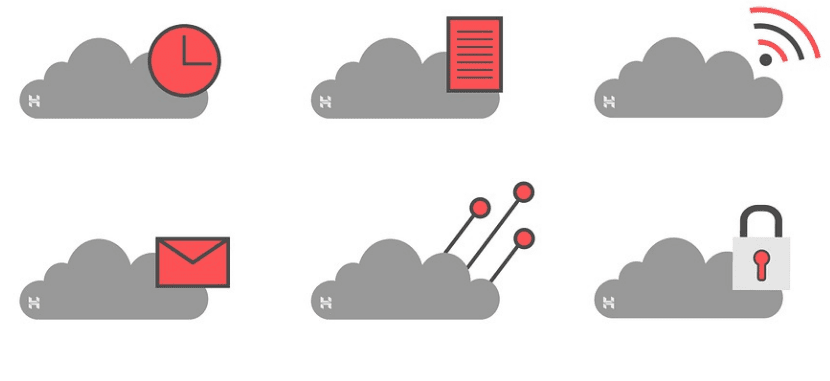Shared web hosting is one of the most popular types of hosting services available. It allows multiple websites to be hosted on a single server, with each site sharing the server’s resources.
This can be a cost-effective solution for small businesses or individuals who don’t need a dedicated server.
However, it’s important to be aware of the potential downsides of shared hosting before signing up for a plan. In this post, we’ll take a closer look at what is shared web hosting and some of its pros and cons.
What Is Shared Web Hosting? 2026
What is Shared Web Hosting?

Shared web hosting is a type of web hosting in which a single server is divided into multiple sections, each of which is allocated to a separate website.
This type of hosting is usually the most affordable option, as it allows multiple websites to share the cost of the server.
Shared web hosting is also a good choice for small businesses that are just starting out, as it is less expensive than other types of hosting and does not require a lot of technical knowledge.
In addition, most shared web hosting providers offer a variety of features, such as domain name registration, email addresses, and website builders, that can help you get your business online quickly and easily.
Different Types of Hosting
- Dedicated hosting: Dedicated hosting is a type of web hosting in which you lease your own server. This means that you have full control over the server, including its hardware and software. Dedicated hosting is ideal for businesses that require a high level of security or performance, as you will not have to share resources with other customers.
- Cloud hosting: Cloud hosting is a type of web hosting that uses a network of connected servers, which can be used to store and manage data. Cloud hosting is often more scalable and flexible than traditional types of web hosting, as it can be used to meet spikes in demand without incurring extra costs.
- VPS hosting: VPS hosting is a type of web hosting that gives you a virtual private server. This means that you will be allocated your own resources (such as CPU and RAM) on a shared physical server. VPS hosting is ideal for businesses that need more control over their web hosting environment, but don’t want to invest in a dedicated server.
- Reseller hosting: Reseller hosting is a type of web hosting in which you lease space on a server and then resell that space to other customers. This can be done either by providing them with your own resources, or by renting space from another provider. Reseller hosting is ideal for businesses that want to start their own web hosting company, or for businesses that need a more affordable option than dedicated hosting.
What Should I Look For in Shared Hosting?

- Reliability: You want a provider that is reliable and has a good track record. This means that your website will be up and running all of the time, without any interruptions.
- Customer Service: Good customer service is essential with any hosting provider. If you have any problems, you want to be able to contact someone who can help you resolve them quickly and efficiently.
- Pricing: Shared hosting is generally very affordable, but you still want to make sure that you are getting a good deal. Compare pricing between different providers to find the best value for your needs.
- Features: Make sure that the shared hosting provider you choose offers all of the features you need, such as unlimited storage space and bandwidth, email accounts, and more.
- Scalability: Shared hosting is a great option for small websites, but you want to make sure that it can scale as your website grows. Make sure that the provider you choose offers upgrades to more expensive plans so that you can add more resources as needed.
- Security: Is the host’s platform secure? Do they offer features like malware scanning and intrusion detection This is especially important if you are hosting sensitive data or online transactions. Make sure that the provider has a good reputation for security and that their systems are up to date.
- Bandwidth and storage: Make sure that the provider offers enough bandwidth and storage for your needs. Otherwise, you may run into problems down the road.
Quick Links
Conclusion What Is Shared Web Hosting? 2026
Shared web hosting is a great option for small businesses and startups that are just getting started online. It’s affordable, easy to set up, and gives you all the tools you need to create a website and start promoting your business.
It’s perfect for small businesses and new websites because you don’t need any prior experience or technical knowledge to set it up.
You also don’t need to worry about bandwidth or storage space – both of which are unlimited with most plans. If you’re looking for an introductory level hosting plan, shared web hosting is definitely worth considering.
